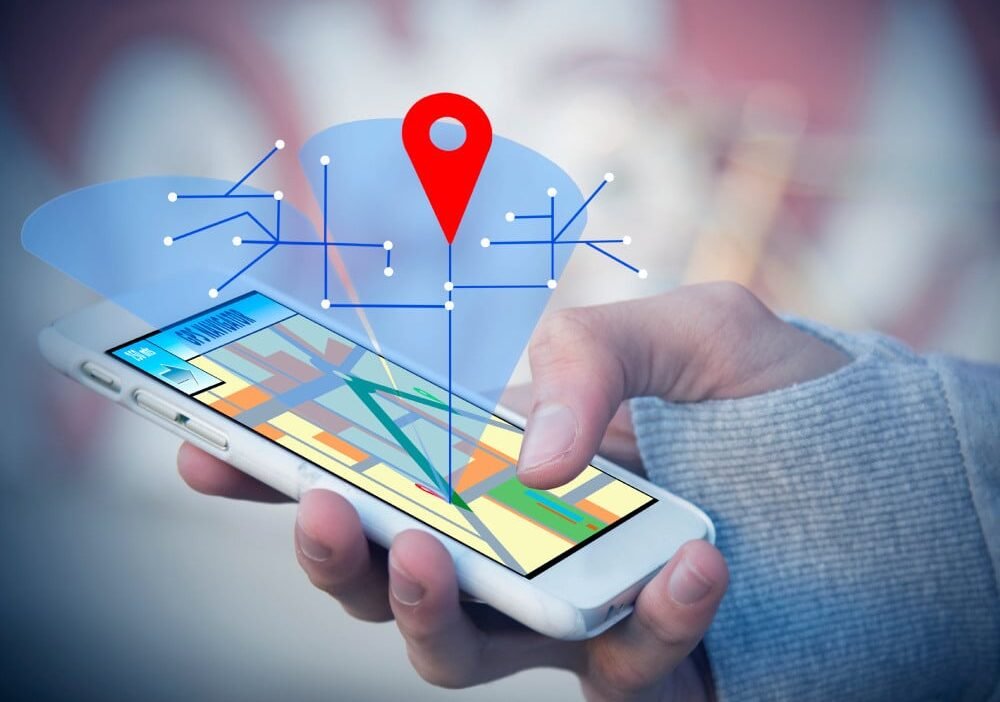In a world where remote work, field jobs, and flexible schedules are becoming the norm, organizations are increasingly looking for ways to manage productivity without micromanaging. One emerging solution is the ability to track employee location using smart technologies. While it may sound like surveillance, location tracking—when implemented ethically—can greatly benefit both employers and employees.
What Does It Mean to Track Employee Location?
Tracking employee location means using GPS-enabled devices or software to monitor where employees are during work hours. It is commonly used in industries where workers are often on the move—such as logistics, field sales, home services, and construction. This approach ensures that employees are where they’re supposed to be and helps organizations plan routes, allocate tasks efficiently, and maintain transparency.
Why Is Location Tracking Important?
1. Improved Productivity
When managers can track employee location, they gain a clearer understanding of workflow. This real-time visibility allows for better coordination, task assignment, and quick troubleshooting. For instance, if a field technician is delayed, the manager can reroute another available employee nearby—saving time and customer dissatisfaction.
2. Enhanced Accountability
Employees are more likely to stay on schedule when they know their locations are being monitored. It naturally leads to better time management and fewer discrepancies in reporting. GPS logs can also serve as proof of visit or presence for client-facing roles.
3. Optimized Resource Allocation
Businesses that track employee location can allocate jobs based on proximity. A delivery service, for example, can assign orders to the nearest available agent, reducing fuel costs and delivery times.
How Does Location Tracking Work?
Modern tracking tools are integrated with smartphones or company-issued devices. Apps are installed with permissions to access GPS, and they run in the background during work hours. Administrators or team leads can log in to a centralized dashboard to view location updates, activity history, and reports.
Some advanced tools also integrate with timesheets, mileage logs, and attendance systems—creating an all-in-one solution for workforce management.
Ethical Considerations:
One major concern with tracking is employee privacy. It is essential to ensure transparency and obtain consent before enabling any tracking system. Employers must communicate:
- What data is being collected
- When and how it is collected
- Who has access to it
- How it will be used
Tracking should be limited strictly to work hours and company-related activities. Clearly defined policies can prevent misuse and foster employee trust.
Industries That Benefit the Most:
While nearly all businesses can gain some value when they track employee location, it is especially beneficial in the following industries:
- Logistics & Delivery: To monitor routes and ensure timely deliveries.
- Field Sales: To validate meetings, optimize travel, and log client visits.
- Healthcare & Home Services: To track appointments and staff movements.
- Construction & Engineering: To ensure workers are on-site and track equipment usage.
Even in hybrid work models, employers can use geofencing to mark attendance or verify on-site presence for specific days.
The Role of Technology:
There are several software solutions available that help track employee location efficiently and securely. Most offer features like:
- Real-time GPS tracking
- Location history and route logs
- Automated attendance
- Geofencing alerts
- Integration with payroll or HRMS tools
Cloud-based platforms are accessible via mobile and desktop, making them ideal for teams on the go.
Benefits to Employees:
It’s not just employers who benefit. Employees, too,o can gain from location tracking when implemented correctly:
- Automatic check-ins and check-outs reduce manual reporting.
- Fair proof of work location helps avoid disputes.
- Optimized routes save travel time and reduce stress.
- Transparent records protect workers in case of disputes with clients.
By building a system based on trust and accuracy, location tracking can improve work-life balance for field workers.
Final Thoughts:
In today’s flexible work environments, having tools to track employee location is not just a luxury—it’s a necessity. It brings structure to mobility, improves accountability, and enhances productivity. However, the success of such systems lies in ethical use, transparency, and employee involvement.
Businesses that adopt location tracking with the right policies and tools in place can operate more efficiently, while also ensuring that their employees feel respected and protected.



